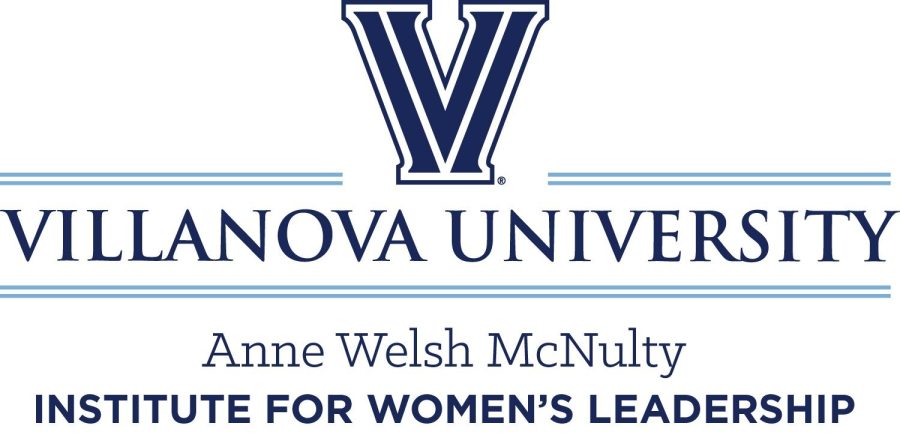Interview with Heads of Gender Equality and Leadership
Courtesy of Villanova University
The Institute strives for a more inclusive leadership style.
March 17, 2021
Danielle Ross and Teresa Boyer sat down for a timely discussion about their roles as heads of the University’s Anne Welsh McNulty Institute for Women’s Leadership.
Funded by Anne Welsh McNulty, a 1975 graduate and valedictorian of her class, the Institute embodies her vision for future leaders. Notably, when McNulty graduated, the University was primarily male, as opposed to the primarily female population of today, a dynamic change that shows how much and how little the culture has changed in regard to gender equality.
The Institute has four guiding principles: change agency, impact, influence and equity. Focused on making lasting change for the good of gender equity and molding the next generation of leaders, the McNulty Institute prides itself on inclusivity and the power of individualism.
Boyer, founding director of the organization, sheds light on the Institute’s main goals and understanding about leadership.
“This Institute isn’t for women,” Boyer said. “It’s meant to be better for all because what it does is bring a diversity of experiences and approaches to leadership.”
What the Institute emphasizes about leadership is that when people are taught to look beyond just social identities, look beyond what someone is, it gives them the freedom to focus on who someone is. Suddenly, everyone is free to cultivate his or her leadership in a very authentic way, something the McNulty Institute believes creates the best results.
For the future of leadership, the two heads’ hopes are that people, if little else, open their minds.
“We’re too limited in how we think about gender and leadership,” Boyer said. “We need to be open to be less limited and more about the outcomes and the leading as a behavior and not a position.”
For the people involved in the Institute, it is not just about teaching students how to lead. Rather, it is about working towards creating a shift in the culture of the social world that still endorses inequities in regard to gender.
Boyer and Ross also had some things to say about the recent culture on campus, with the sexual assault reports indicating that gender equity and respect is still far from achieved.
“The only way we are going to create cultural change is to have a community dialogue about this and to be open about what things happened and how we can stop it.” Boyer said.
Her thoughts come after a discussion about the outrage from students after the assaults and how more victims are finding their voices to share their stories. The heads noted that, while women are not the only victims of sexual assault, they are historically the most likely victims. The unevenness of power is the severest way to exert power over another, and this is a symbol of the road ahead of not only for this University, but the entire societal culture.
The Institute is just the thing this University needs right now. Villanova has history and traditions. However, those traditions are all rooted in primarily male leadership which, on a campus that is now primarily women, creates a need for a place like the Anne McNulty Institute.
Ross and Boyer are thrilled about the future of the Institute, gushing about initiatives like the student Lorenzini Leadership Ambassador Program, where students work on leadership projects for lasting change throughout the year as they attend panels and group discussions about leadership and equality. The Institute also hosts leadership panels and is working on a soon-to- launch website for women’s leadership stories.
Boyer expressed some final thoughts on the inspiration that comes from working at such a place.
“It’s absolutely thrilling just to hear about how everyday people are leading,” she said.
In the midst of Women’s History Month and with a spotlight recently shown on the inequities and violence on this campus, the fortification of young leaders with a focus on positive impact is one of the most essential assets the Institute is providing for the University.
Hopefully, the inclusive leadership the Institute advocates for so valiantly will become the normalcy of a more equitable world.













